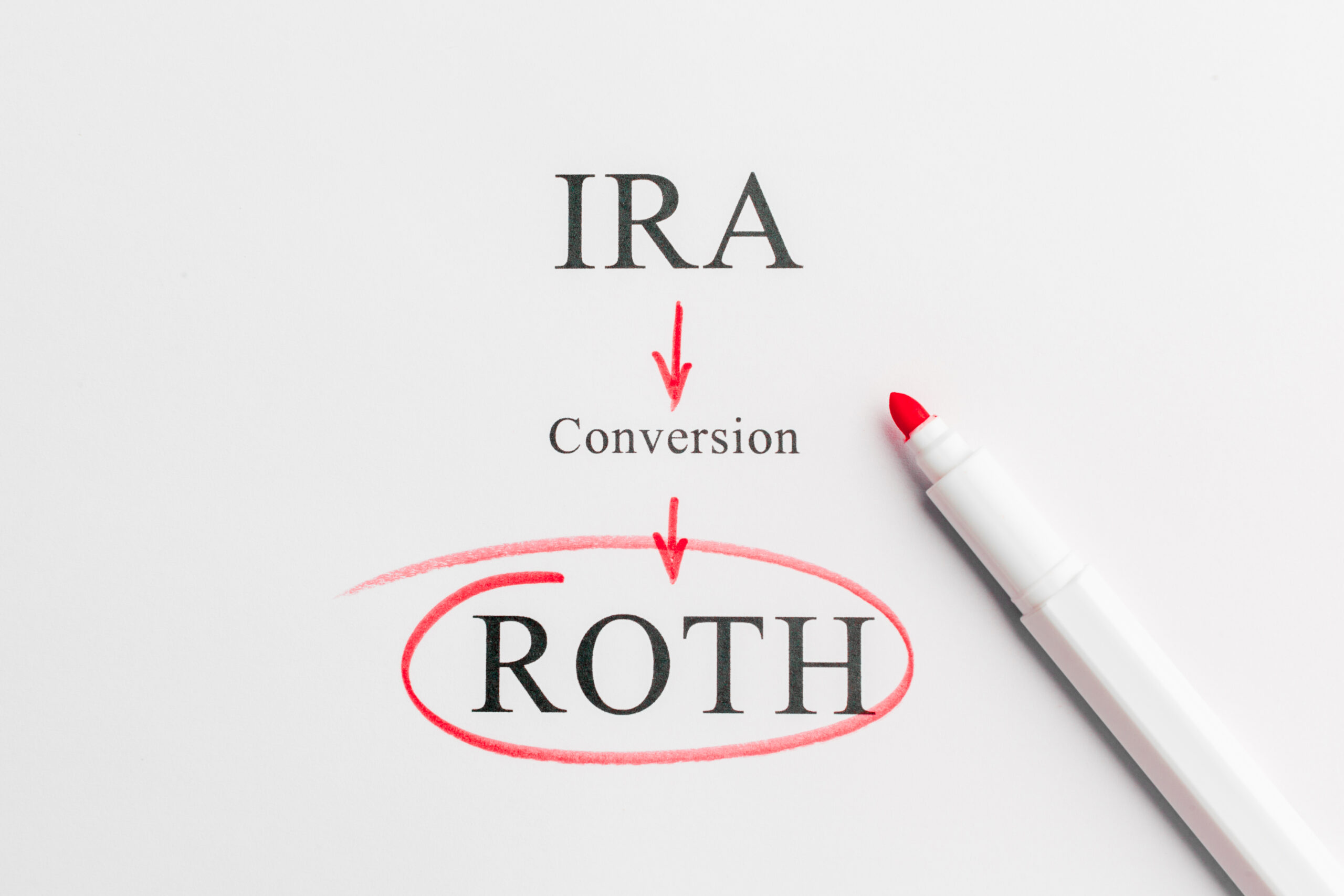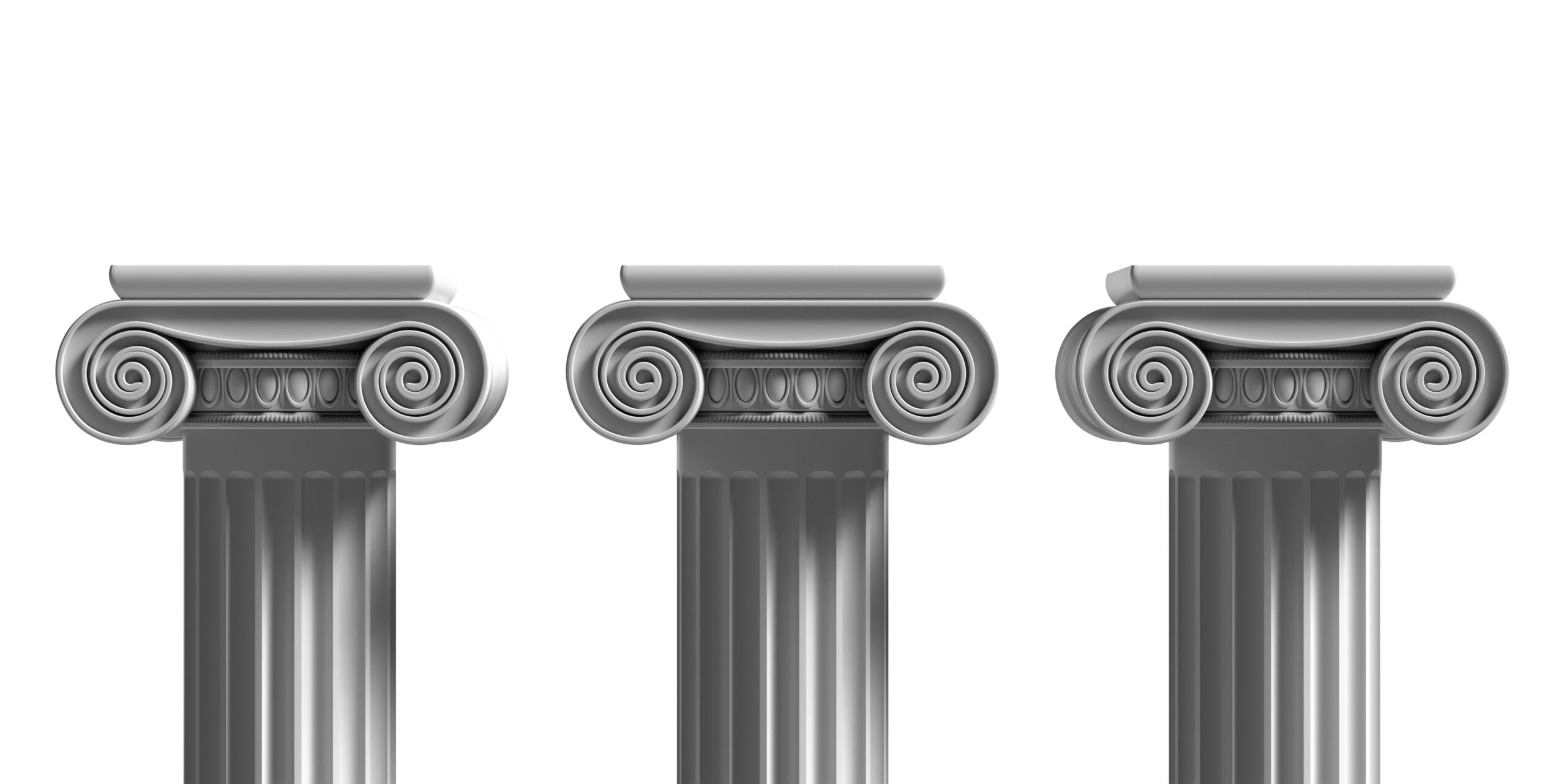As retirement approaches, one crucial decision many face is whether to consider a Roth conversion. This strategy, which involves moving funds from a traditional IRA or 401(k) to a Roth IRA, can offer significant benefits, but it’s not without its drawbacks. In this article, we’ll explore both the advantages and disadvantages to help you determine if a Roth conversion aligns with your retirement goals.
Understanding Roth Conversions
Before delving into the pros and cons, it’s important to understand what a Roth conversion entails. Essentially, it’s the process of transferring retirement funds from a tax-deferred account, like a traditional IRA, where contributions are often tax-deductible and withdrawals are taxed, into a Roth IRA, which is funded with after-tax dollars, allowing for tax-free growth and withdrawals.
Advantages of Roth Conversions
1. Anticipating a Higher Tax Bracket in Later Retirement Years
- Early retirees who haven’t started taking Social Security or mandatory IRA withdrawals might find themselves in a lower tax bracket temporarily. A Roth conversion during these years allows paying taxes at a lower rate, potentially saving money if they move into a higher bracket later.
2. The Need for Tax Diversification in Your Income Plan
- Projecting what tax rates will be in the distant future is difficult. Diversifying the tax status of your retirement funds can provide flexibility. By converting IRA dollars today into a Roth IRA, you can choose which to draw from later based on your current tax situation, optimizing your overall tax liability.
3. Benefiting High-Income Heirs with Tax-Efficient Inheritance
- If your heirs are likely to be in a higher tax bracket, leaving them Roth IRA assets means they inherit this wealth tax-free. This can be a significant benefit, especially for those looking to pass on a considerable estate.
Drawbacks of Roth Conversions
1. Being in a Higher Tax Bracket Now Versus Later
- If you’re currently in a higher tax bracket due to Social Security benefits or additional income, a Roth conversion might not be beneficial. It could lead to a larger tax bill now rather than saving on taxes in the future.
2. Upfront Tax Payment Requirements
- A significant drawback is the immediate tax liability incurred from a Roth conversion. If paying these taxes requires tapping into your savings or investment funds, it could negate the long-term benefits of the conversion.
3. Conflict with Charitable Giving Strategies
- For those planning significant charitable donations through Qualified Charitable Distributions (QCDs), a Roth conversion may not be ideal. QCDs allow for tax-efficient charitable giving directly from traditional IRAs, a benefit lost if these funds are converted to a Roth IRA.
Making the Decision
Deciding whether a Roth conversion is right for you depends on several factors: your current and projected tax bracket, anticipated future income, estate planning goals, and charitable giving plans. It’s essential to consider these factors in the context of your overall retirement strategy.
Roth conversions can be a powerful tool in retirement planning, offering tax benefits and flexibility for some. However, they’re not a one-size-fits-all solution and come with drawbacks that must be carefully considered. Work with your advisor to build a plan that’s right for you.






